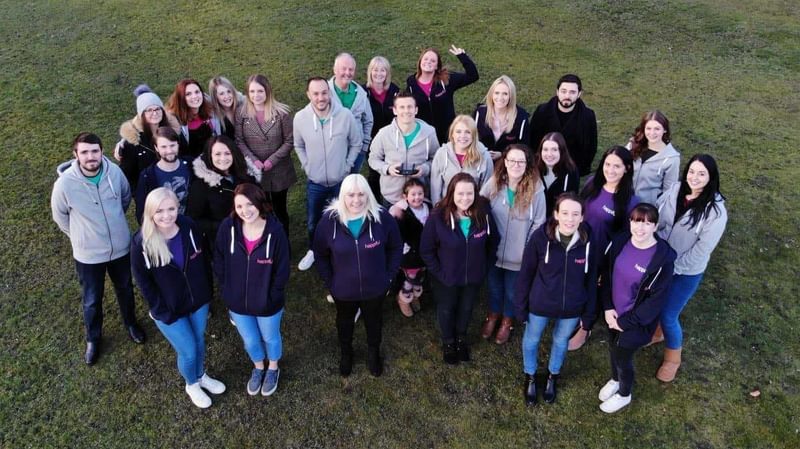Memiah
Camberley
Company connecting people with self-care and counsellors trails four-day week.

Memiah, which connects people with self-care information and counsellors, began a four-day week trial in March 2019. The trial, which will last for six months, aims to find out if shorter working hours can improve staff health and happiness while maintaining or improving productivity. Staff will work a 32-hour week with no loss of pay.
Memiah PR manager Amie Sparrow said: “Our study has just begun, and we expect to uncover many findings about productivity, stress, and mental health. However, we’re already noticing a shift in thinking amongst employees. Surprisingly, several of my colleagues’ first reaction to the study was that they didn’t know what they would do with an extra day off work, which shows how deeply ingrained the five-day working week is in our culture, which tends to revolve completely around work.”
Tags Shorter working week
Find out more
Further reading
- ‘We are ready to try a four-day working week’ LSE, 3/3/19
- Achieving a shorter working week across Europe, New Economics Foundation, 3/19
Contact details
New rules needed
Policies that can help unleash the potential of this or similar initiatives across the UK.
-
Increase statutory paid leave
If pay is protected, increased leisure time for workers will boost demand and life satisfaction. -
Prototype shorter working hours in the public sector
Run shorter working week trials in the public sector as experiments to improve wellbeing and productivity. -
Boost the power of trade unions
Stronger unions will counter the UK's low pay, low productivity economy. -
Replace GDP with better measures of national success
Better headline indicators – that reflect the things we really want – are essential for better policymaking.






